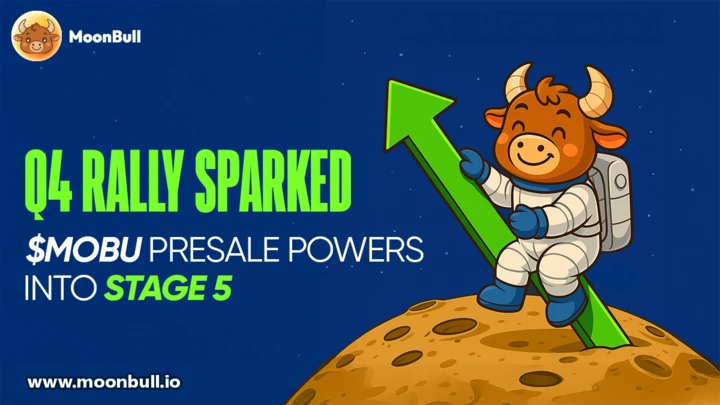The multibillion-dollar market for cosmetic items in the popular esports first-person shooter game Counter-Strike 2 crashed following an update to its mechanics.
According to an Oct. 8 report by Esports News, the Counter-Strike 2 skin market at the time reached a new high of nearly $5.78 billion. A separate Thursday report by Eurogamer said that almost $2 billion of this market was liquidated following a recent game update.
The game’s producer, Valve, has changed the trade-up system so that players can now convert five low-rarity (covert level) skins into a knife or a pair of gloves, which were previously exceedingly rare. That instantly increased the supply of knives and gloves, driving down their prices, while the value of the skins spiked amid newfound demand.
A change by a video game company that led to consequences felt by vast ranks of players is one of the reasons cited by Ethereum co-founder Vitalik Buterin as an inspiration for creating the blockchain.
He explained that he used to play World of Warcraft from 2007 until 2010, until the company behind the game “removed the damage component from my beloved warlock’s Siphon Life spell.” “I cried myself to sleep, and on that day I realized what horrors centralized services can bring. I soon decided to quit,“ Buterin said at the time.
Six-month chart for the price of Counter-Strike 2 cosmetic item Sport Gloves Vice. Source: Price EmpireRelated: Stablecoins quietly become gaming’s hidden engine: BGA report
Blockchain offers an alternative
While blockchain and non-fungible tokens see widespread opposition from the gaming community, they may offer potential solutions to issues such as this one. NFTs, most associated with tradeable digital art, can and are used for any digital goods, such as video game items.
By implementing a smart contract-based digital item using NFTs, it is possible to provide assurances about what the issuer can and cannot do. Smart contracts can set a limit on the number of NFTs in a series that can be issued, or set permanent rules for converting NFTs across different series.
Still, Martin Kupka, a general partner at the crypto gaming advisory firm Win Win, told Cointelegraph that using NFTs alone is not enough. “Even if every item were an NFT, the market would have crashed in the same way, because Valve retains complete control over the items’ features and utility,” he said, adding:
He suggested that once a game becomes large, establishing a community council and making key decisions transparent would benefit all stakeholders.
While Kupka explained that NFTs do not offer protection against such scenarios, he said that smart contracts could. “That’s the premise of “fully on-chain” games: core game rules are encoded immutably on a blockchain, preventing unilateral, sudden changes,” he said.
Kori Leon, the co-founder of crypto gaming infrastructure Pixelverse, agreed, saying that “smart contracts could have defined clear rules from the start, making any change predictable and transparent.”
Related: After a rough year, blockchain gaming sees a glimmer of hope
Proponents of blockchain in gaming
Catie Romero-Finger, CEO of crypto services agency Babs, told Cointelegraph that the Counter-Strike 2 skin crash “is a harsh reminder that even billion-dollar economies can be built solely on borrowed trust.”
“What I see is centralization at play, changing the rules mid-flow. Blockchain doesn’t make markets less volatile; instead, it replaces unilateral control with transparent code,“ she said.
Nokkvi Dan Ellidason, CEO at crypto gaming infrastructure company Gaimin, told Cointelegraph that the crash “exposed the fundamental flaw of centralized digital economies.” “It’s not a true economy; it’s a company store,“ he said.
Ellidason said that players just “discovered, in real-time, that their ‘assets’ are just a line item in Valve’s private database, a privilege that can be altered at any time.”
Joana Barros, chief marketing officer at crypto game My Neighbor Alice, told Cointelegraph that transparency and immutability will be key as gaming economies continue to scale. “As gaming economies grow to rival real-world markets, transparency and immutability are not just ‘Web3 buzzwords’, they’re basic consumer rights,” she said.
Magazine: Gaming giants in talks with Immutable to launch token: Web3 Gamer
Source: https://cointelegraph.com/news/counter-strike-s-cosmetic-market-collapse-shows-use-case-for-nfts-in-gaming?utm_source=rss_feed&utm_medium=feed&utm_campaign=rss_partner_inbound


